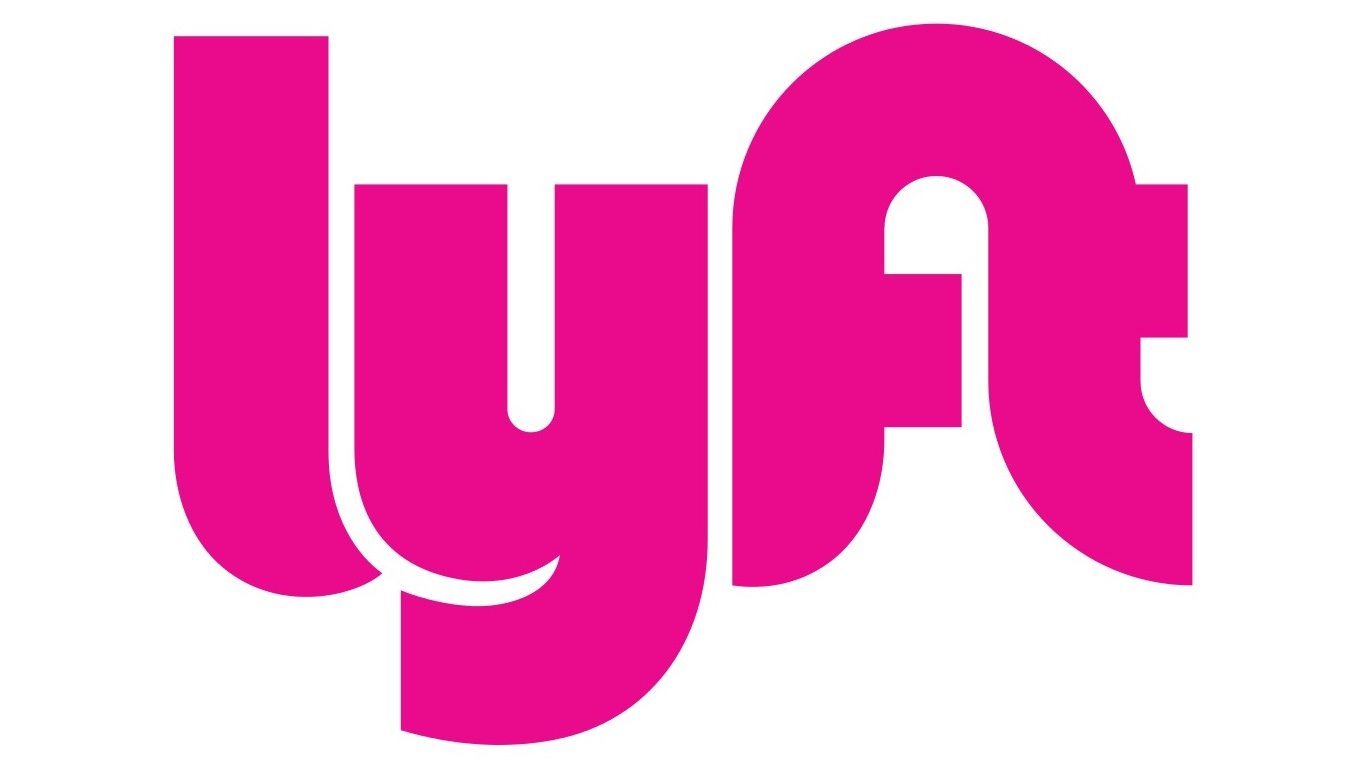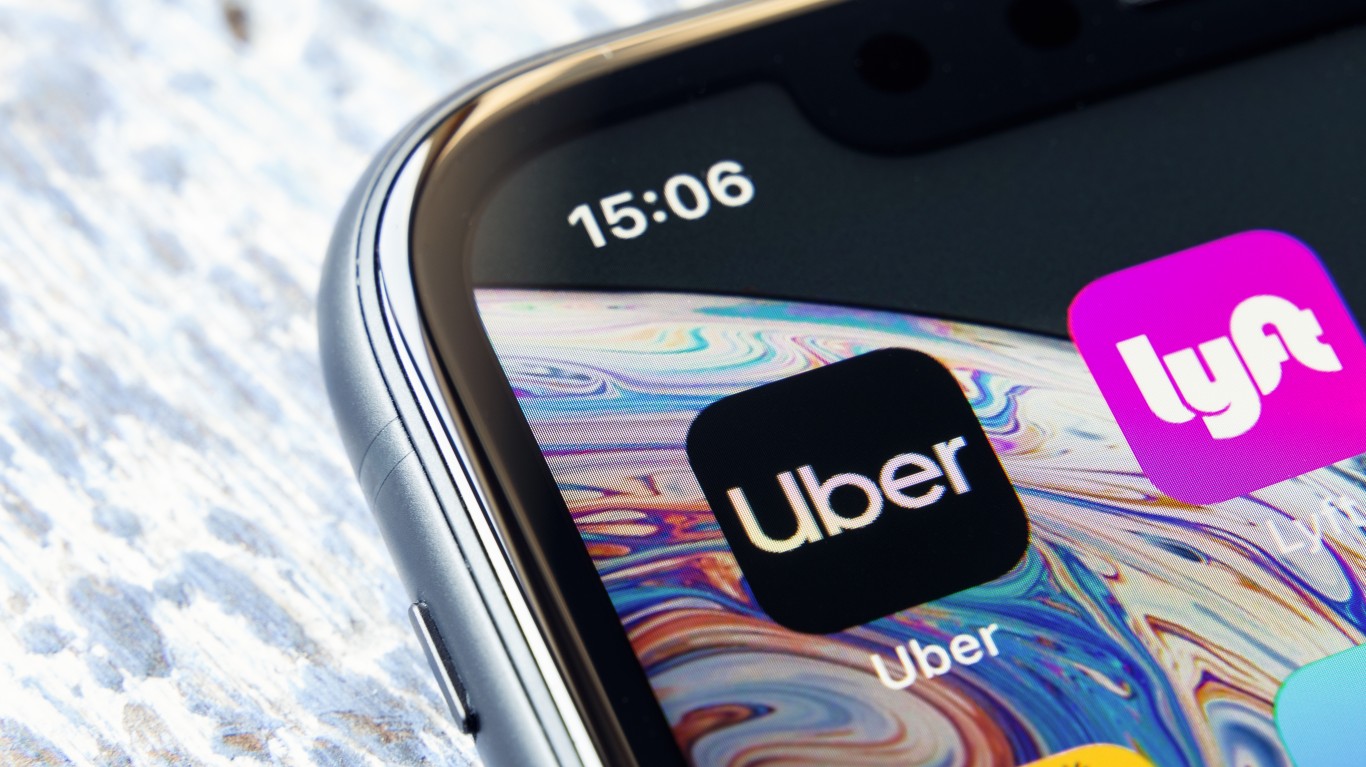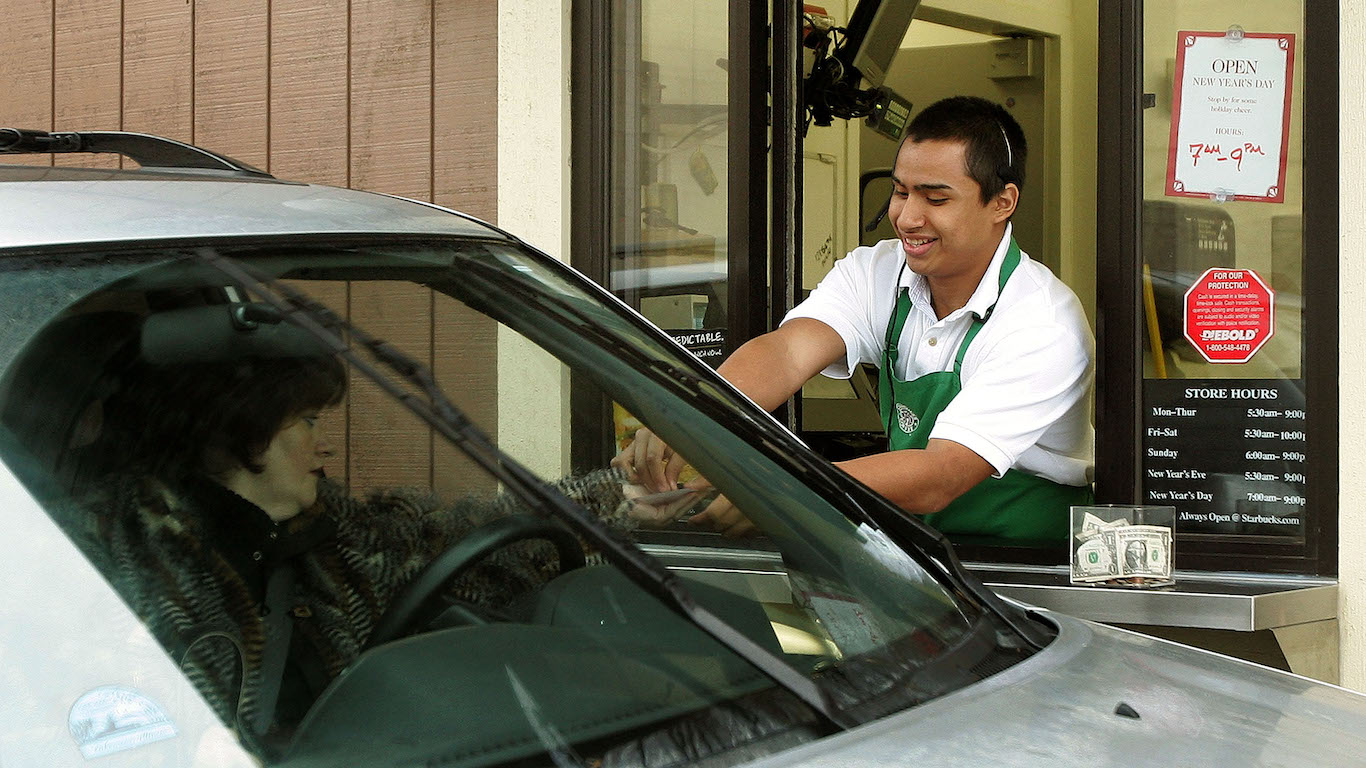

When San Francisco ride-sharing company Lyft Inc. (NASDAQ: LYFT) reported quarterly results last week, the company’s bottom line lagged while the top line stunned. Lyft stock jumped over 21% in response.
The afterglow didn’t last long, however, following a downgrade from Stifel analyst Scott Devitt who lowered the stock from Buy to Hold and dropped his price target from $38 to $35. After hitting a year-to-date high of more than $54 in mid-February, shares dropped below $15 just five weeks later when the stock market collapsed as a result of the COVID-19 pandemic.
The boost following the earnings report was strong enough to allow the company to issue new debt, but not strong enough to withstand a new threat from rival Uber Technologies Inc. (NYSE: UBER), following reports that Uber is in talks to acquire Grubhub Inc. (NYSE: GRUB).
Cutting Costs Almost Always Pleases Investors
There’s nothing like cutting costs to make investors happy. It promises bigger returns with no effort on the shareholders’ part.
In late April, Lyft said it planned to cut 17% of its workforce by laying off 982 employees permanently, instituting double-digit pay cuts, furloughs, and closing of some of its facilities. Again, these are plans to save the company money in the long term.
CFO Brian Roberts detailed plans to reduce operating expenses and adjust cash flow. The upshot is that Lyft expects to take a restructuring charge of $28 to $36 million. The company will also furlough 288 employees who will retain their benefits but not get paid.
Issuing New Debt Almost Never Pleases Investors
Lyft announced on Tuesday that it has priced an offering of $650 million in convertible debt due in 2025. The company said the private offer was made to “persons reasonably believed to be qualified institutional buyers.” The buyers also have an option to purchase another $97.5 million worth of the convertible notes. Lyft expects to receive net proceeds of $637.5 million, not including the optional amount.
The terms of the offer are good for the investors and good for the ride-hailing company. The notes will bear interest of 1.5% annually and will mature on May 15, 2025. Lyft can redeem the notes for cash on or after May 20, 2023, provided that Lyft’s share price at the time has been at least 130% of the conversion price for at least 20 trading days.
The initial conversion rate of the notes will be 26.0491 shares of Lyft stock for every $1,000 in principal amount, or approximately $39.38 per share, a premium of about 30% to the stock’s closing price of $29.53 on Tuesday.
Then it gets complicated. Lyft is also being required to negotiate a capped call transaction with some of the investors to guarantee that dilution won’t affect the conversion rate. The cap price is $73.83 per share, representing a premium of 150% of Tuesday’s closing price. Lyft has also warned shareholders that the capped call transactions could affect the market price of the company’s stock, among other things.
Generally speaking, existing shareholders who aren’t in on the convertible debt offering are not happy. That’s reflected in Lyft’s performance Wednesday, with shares trading down more than 5%.
Uber May Be Doubling Down on the Food Delivery Business
By early April, COVID-19 had cut ridership for both Lyft and Uber by as much as 41% in some cities. Uber made up some of the loss by pushing its Uber Eats delivery service. Lyft, which chose not to enter this market, had no such fallback.
According to a study of 190,000 transactions by Edison Trends, released Tuesday, privately held DoorDash had a 47% share of U.S. food delivery services in April with Uber Eats getting 26% and Grubhub 23%.
Now Uber is apparently discussing an acquisition of Grubhub that could give the combined company about half of all U.S. food delivery. That’s a big chunk, but not yet into traditional monopoly territory.
Restaurant owners are not pleased with the delivery services in general. New York restaurateurs have filed a class-action lawsuit alleging price gouging during the coronavirus pandemic, as well as price-fixing practices that violate antitrust law. Grubhub, DoorDash and Uber Eats are among the delivery firms named in the suit.
The delivery services are also fighting a California law requiring them to treat drivers as employees and not contractors. They say that such a requirement would add 20% to 30% to their expenses.
Winning in the food delivery business is going to take cash at a time when there’s not a lot of cash circulating from consumers. That’s Lyft’s challenge and its shareholders’ nemesis.
Sponsored: Want to Retire Early? Here’s a Great First Step
Want retirement to come a few years earlier than you’d planned? Orare you ready to retire now, but want an extra set of eyes on your finances?
Now you can speak with up to 3 financial experts in your area for FREE. By simply clicking here you can begin to match with financial professionals who can help you build your plan to retire early. And the best part? The first conversation with them is free.
Click here to match with up to 3 financial pros who would be excited to help you make financial decisions.
Thank you for reading! Have some feedback for us?
Contact the 24/7 Wall St. editorial team.
 24/7 Wall St.
24/7 Wall St.


